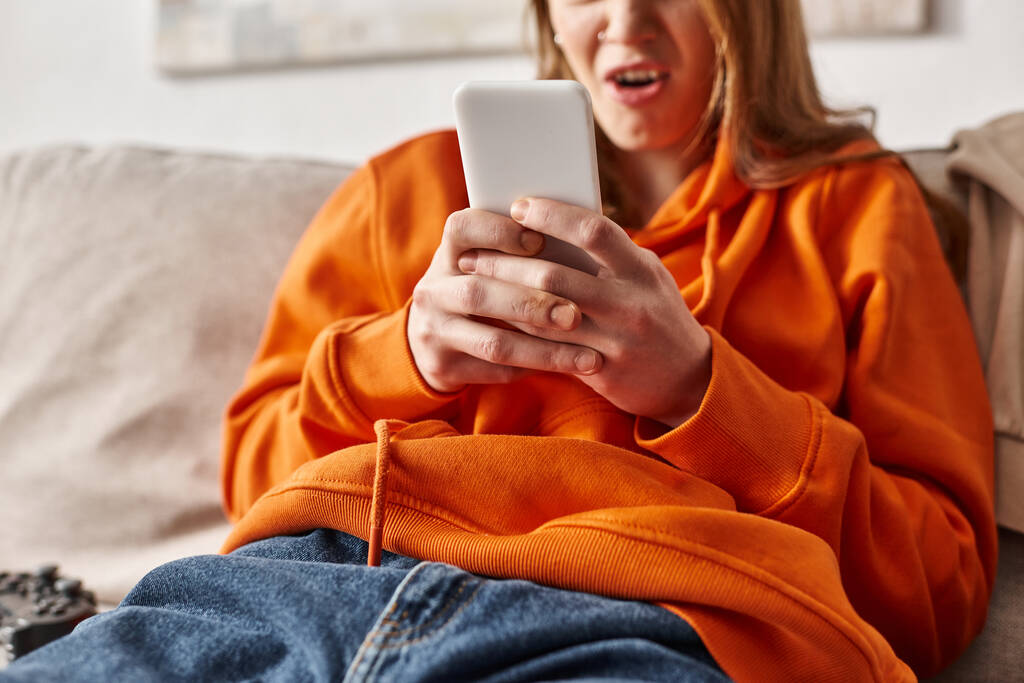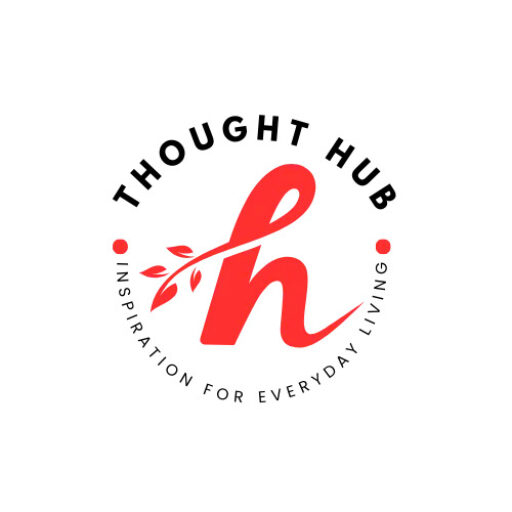Does Social Media Worsen Social Anxiety Symptoms?

Social media platforms, designed to enhance connectivity and community engagement, may ironically contribute to the exacerbation of social anxiety symptoms for some individuals. Social anxiety disorder is characterized by intense fear of social situations, where one feels scrutinized or judged by others. While social media can provide a space for connection without physical presence, it also presents unique challenges that might worsen these anxiety symptoms.
Potential Negative Impacts of Social Media on Social Anxiety
- Constant Comparison: Social media often portrays idealized versions of life and success, which are not reflective of everyday reality. Individuals with social anxiety may compare themselves unfavorably with these idealized images, leading to feelings of inadequacy and increased anxiety.
- Fear of Judgment: The interactive nature of social media means that users often receive immediate feedback on their posts, which can be a source of stress for someone with social anxiety. Negative comments, or even a lack of likes and reactions, can reinforce fears of judgment and rejection.
- Overstimulation and Information Overload: The sheer volume of interactions and information on social media can be overwhelming. This sensory overload can trigger anxiety symptoms in individuals who are already prone to social anxiety.
- Social Isolation: While social media can provide a sense of connection, it can also lead to isolation. Individuals may choose online interactions at the expense of face-to-face relationships, which can exacerbate feelings of loneliness and anxiety about real-world social interactions.
Potential Benefits of Social Media
However, it’s important to note that social media can also have positive effects on individuals with social anxiety by:
- Providing Controlled Social Interaction: Social media allows individuals to manage their level of interaction and to engage at their own pace, which can be less intimidating than face-to-face interactions.
- Offering Support Networks: Many find communities and support groups on social media that they would not have access to geographically. For those with social anxiety, such networks can be a source of comfort and understanding.
- Enhancing Social Skills: For some, social media serves as a relatively low-risk environment to practice social interactions and build confidence in communicating with others.
Conclusion
The impact of social media on social anxiety symptoms can vary widely among individuals. It can potentially worsen symptoms through mechanisms like comparison and fear of judgment but can also provide significant support and a safe space for socialization. Managing social media use with conscious strategies, such as limiting time spent online, curating one’s social feeds to reduce negative inputs, and engaging more in real-world interactions, can help mitigate its potential negative effects while maximizing its benefits.

